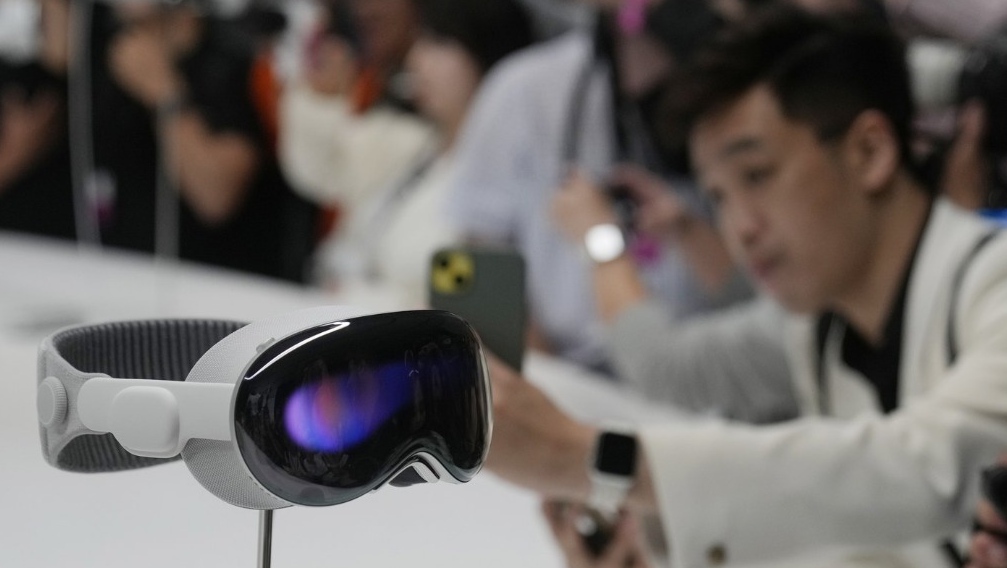Augmented Reality License: Unleash Virtual Potential
An Augmented Reality (AR) license grants permission to use AR software or technology. It often involves terms and conditions set by the licensor.
Augmented Reality enhances our real-world environment by overlaying digital information through devices such as smartphones and AR glasses. As a cutting-edge tool, AR is transforming industries from gaming and entertainment to education and healthcare. Acquiring an AR license is crucial for businesses aiming to integrate this immersive technology into their products or services.
It is important to choose the right type of license to align with specific business goals, be it for creating interactive marketing campaigns or developing advanced training programs. A well-chosen AR license can be a game-changer, offering a competitive edge and a unique user experience.
Understanding Augmented Reality
Augmented Reality (AR) licensing is pivotal for developers seeking to integrate real-world enhancement into their applications. Securing such a license ensures legal access to AR technology, empowering creative innovation within the digital landscape.
| Industry | Applications |
|---|---|
| Healthcare | Surgical visualization, patient education |
| Education | Interactive learning, virtual field trips |
| Retail | Virtual try-ons, in-store navigation |
| Manufacturing | Maintenance assistance, training |
| Gaming | Immersive gameplay experiences |
Licensing And Regulation In Augmented Reality
Navigating the complex world of AR requires an understanding of its licensing and regulation landscape. Augmented Reality licenses ensure developers adhere to legal standards, fostering innovation while protecting user rights.
Maximizing Virtual Potential
Exploring the frontier of digital enhancement, acquiring an Augmented Reality License propels businesses into a realm of interactive experiences. This technology infuses the physical world with virtual enhancements, unlocking immense opportunities for innovation and engagement.

Credit: www.ctvnews.ca
Frequently Asked Questions On Augmented Reality License
What Is An Augmented Reality License?
An Augmented Reality (AR) License grants legal permission to use AR software or hardware according to specific terms set by the licensor. It could involve limitations on the scope of use, distribution rights, or modification permissions to ensure compliance with the creator’s requirements.
How Does Ar Technology Work?
Augmented Reality technology overlays digital information—such as images, sounds, and text—onto the real world. AR devices, such as smartphones or glasses, use cameras and sensors to map the environment and display contextually relevant content in real-time.
Who Needs An Ar License?
Developers, companies, and creators using AR technology for commercial purposes typically require an AR License. It ensures they have the authority to incorporate AR elements into their apps, games, or campaigns legally and ethically.
How Much Does An Ar License Cost?
The cost of an AR License varies widely depending on the scope, features, and intended use case. It could range from a small fee for basic apps to substantial amounts for enterprise-level solutions. Providers usually offer different pricing structures.
Conclusion
Navigating the complexities of augmented reality licensure marks the beginning of an innovative journey. Embracing AR technology paves the way for groundbreaking applications across industries. As policies evolve, staying informed is key to leveraging AR’s full potential. Remember, the right license lays the foundation for limitless creativity and growth in this thrilling digital frontier.


